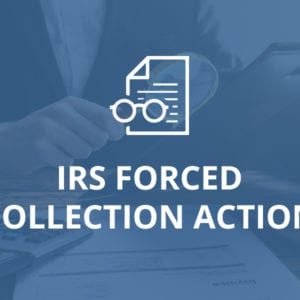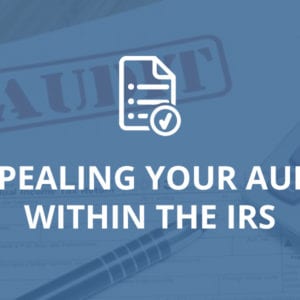When people joke about the IRS breathing down their throat, they’re usually talking about an enforced collection action. When it comes to claiming overdue taxes, the IRS has a wide repertoire of collection tools, the most dreaded of which are liens and levies that garnish your wages, seize the contents of your bank account, and […]
IRS Collections
Appealing an IRS Audit
You know that the IRS can audit a person or a business for any number of reasons. What you may not be aware of is that you don’t have to accept the government’s conclusions as to the final say on whether or not you owe back taxes. You can appeal an IRS audit in the […]
IRS Scams: A Complete List
Each year, the Internal Revenue Service (IRS) releases its list of the “dirty dozen,” which it bills as the worst of the worst tax scams. While many of these scams relate to taxpayers attempting to defraud the federal government by abusing tax law or failing to report income, others involve an increasing problem in the […]
What Happens with Cash Transactions Over $10k?
If you run a business that handles larger cash transactions, you probably know that federal law requires you to report cash payments of more than $10,000 by completing a Form 8300, which is jointly issued by the IRS and the Financial Crimes Enforcement Network. This form, which requires the payor’s name, address, and tax identification […]
Can the IRS Cancel Your Passport?
In January 2018, the IRS implemented more aggressive collection measures for people with what it described as “seriously delinquent” tax debts. This change, which applies to those who owe over $52,000, appeared as part of the Fixing America’s Surface Transportation (FAST) Act, can result in revocation of your passport. According to CBS News, the State […]







